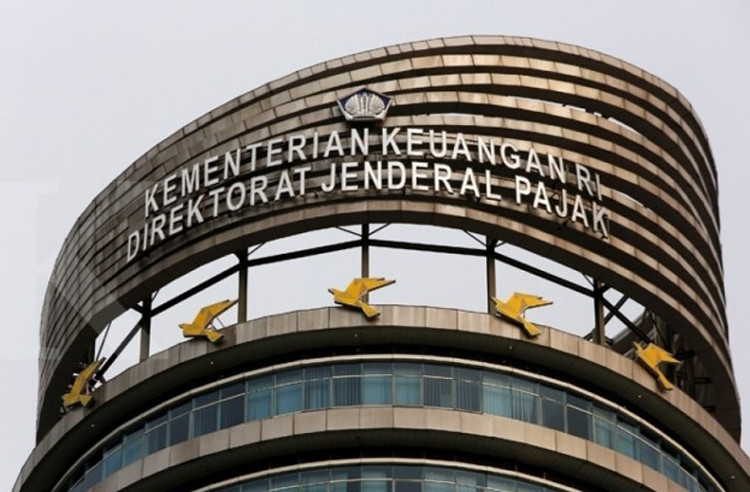Popular Reads
Top Results
Can't find what you're looking for?
View all search resultsPopular Reads
Top Results
Can't find what you're looking for?
View all search resultsLowering corporate taxes
Change text size
Gift Premium Articles
to Anyone
T
oo much politics, especially in an election year as we are in right now, could distort economic policies. This is the risk we see in incumbent President Joko “Jokowi” Widodo’s obsession with his policy recommendation for a lower corporate income tax, which he has been promoting apparently in a bid to gain votes from businesspeople.
In a campaign speech at a rally attended by 10,000 businesspeople in Jakarta last week, Jokowi tacitly expressed his disappointment at the slowness in which Finance Minister Sri Mulyani Indrawati followed up on his recommendation to cut the corporate income tax rate, which is currently 25 percent, to make Indonesia more attractive to investors.
True, a lower tax burden could make Indonesia more attractive to investors because similar taxes in other ASEAN countries are lower, at 20 percent each in Thailand and Vietnam, 24 percent in Malaysia and 17 percent in Singapore.
But the tax rate is not the only factor influencing investors’ decisions. Simply lowering the tax rate in isolation from badly-needed overall tax reform is only a race to the bottom.
Other factors such as the licensing bureaucracy, legal certainty, physical infrastructure, labor rules and the availability of a skilled workforce are no less important. In fact, these factors weigh heavily on the indicators assessed for determining Indonesia’s rank of 72nd among almost 190 countries in the World Bank’s latest annual survey on the ease of doing business.
Sri Mulyani rightly explained that while the tax rate could influence investor interest, many other aspects should also be assessed. Put in another way, the corporate income tax policy should be reviewed as part of an overall reform of the taxation system. The blunt fact is the capacity of the tax system is unacceptably low, as can be seen from our utterly low tax ratio of 11 percent (tax receipts against gross domestic product), which reflects massive tax evasion.
Reform and modernization of the tax administration should be given the highest priority because of its critical role in securing fiscal sustainability in the long run. But tax reform, including a rate cut, is only possible if the tax laws are revised and this should go through a political process at the House of Representatives.
We therefore suggest that overall tax reform be implemented by simultaneously amending the three laws on general tax provision, income tax and value added tax.
Deliberating the three bills in a single package after the April presidential and legislative elections will be more effective and efficient to ensure that the new tax system will greatly improve the efficiency of tax collection, enhance equity in tax burdens and make it easier for the tax office to administer and taxpayers to comply with.
Moreover, it will be easier to launch such difficult and politically sensitive reforms, a key to Indonesia’s medium-term revenue strategy, at the outset of a newly elected government.










